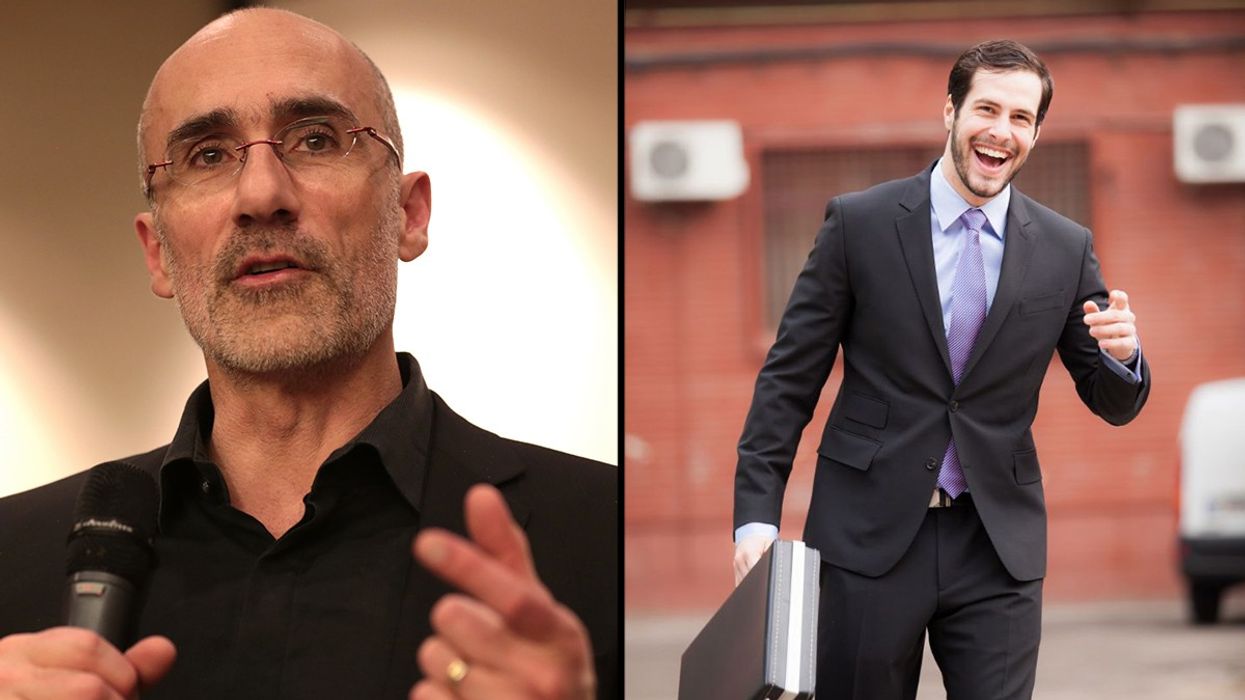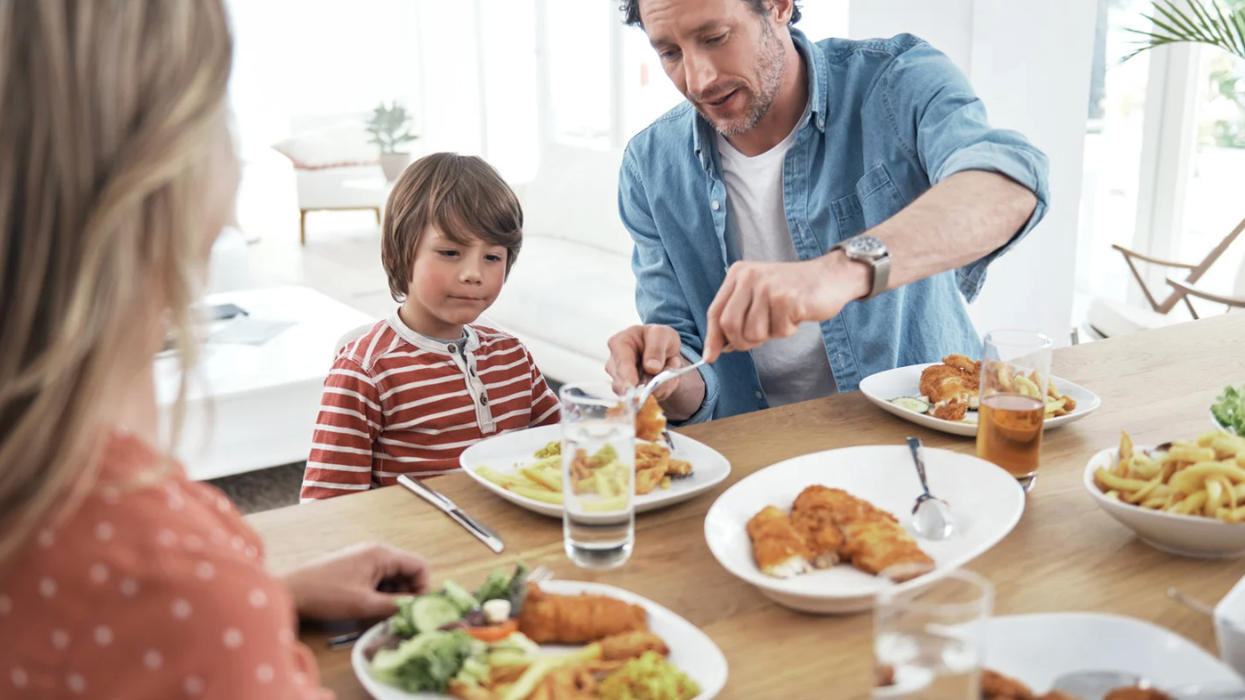I remember climbing a tree on a sun-dappled afternoon years ago; at 5 years old, I was an incredibly adventurous little girl who loved nothing more than to explore like the characters in my favorite books. The branch under my foot cracked as I reached for one above me, and I felt myself falling briefly before strong arms plucked me out of the air. I twisted around to look into my grandfather's familiar face, and his wide smile. “You got me, thatha.”
He set me down on terra firma and I waltzed away. “I got you, kid,” I heard him say.
I already knew, somewhere in the back of my mind, that we were poor. We weren't desperate, but we were certainly nowhere as wealthy as we used to be. My sister and I lived with my mum and her parents in India, where my grandfather sold the produce from his ancestral farm. There were coconut groves and fruit trees, and my grandmother sold milk from her cows, scrimping and saving whatever she could. My mother had a small shop selling clothes—my childhood was not painful, nor was it filled with intense poverty.
[quote position="left" is_quote="true"]I had a duty to perform; a promise to keep.[/quote]
One year, there was no money for school uniforms, and I heard the adults worrying about bills and money. A bad year on the farm killed all the fruit trees, and in a stroke of bad luck, my grandmother's cows followed suit. My mother's small business was barely enough to support a family of five. I was eager to help but still only a teenager and occupied by school. I made no demands for a summer vacation that year, but my grandfather drove us up to the hills near our town, and we spent two blissful, glorious days there. I knew it was a luxury; I was starting to understand.
It was at this point that my grandfather applied for—and was granted—a loan. I didn't know this. In truth, I would not know about this loan until after his death 12 years later. I worked in Ireland as a nanny, but I flew back when he was diagnosed with the prostate cancer that would kill him. His death was a body blow to me. I lost my best friend, my partner in crime, my father figure. About 20 days after his funeral, I found the loan papers when I was looking through his paperwork. According to those documents, he still owed rather a lot of money. He seemed to have kept up with interest payments as best as he could without saying a word to me or anyone else.
I called the number listed and got through. The man on the other end listened to my story when I told him who I was and offered me his condolences. Then he sighed. “I suppose you're calling to tell me to write it off,” he said bluntly. “I'm not a bank. I'm a private moneylender who lent on good faith. But what choice do I have?”
[quote position="right" is_quote="true"]I knew nothing about loans. I spent my entire life avoiding debt because it scared me.[/quote]
I knew nothing about loans, about borrowing or lending money. I spent my entire life consciously avoiding debt because it scared me. I mumbled an apology and hung up. But over the days that followed, I couldn't get the conversation with the moneylender out of my head. The idea that his money helped my family over the years wouldn’t leave me alone, and I knew, in my heart, that my grandfather would have liked to have paid off his debt. He couldn't do that. But I could.
Soon, my grandfather's papers were marked “null and void” and fresh ones were drawn up, this time in my name; they would hold me responsible for paying back money that I never took. I went home and promptly had several panic attacks. “What did I just do?” I asked myself in agony. I called my mother; she listened to me in silence, then asked me the same question.
The years that followed were often difficult ones. I worked two or three jobs at a time, juggling retail and food service shifts before finally ending up as a copy editor in a publishing company. At home, in the evenings, I took on extra work as a freelance data entry operator. I had no life outside of my work. I worked on weekends and in the evenings. Meals were often eaten in front of the TV in my tiny apartment. I kept reminding myself that I had walked willingly into this commitment, and I constantly cheered myself on. The handful of friends and family who knew about the loan did the same.
[quote position="full" is_quote="true"]‘What did I just do?’ I asked myself in agony. I called my mother; she listened to me in silence, then asked me the same question.[/quote]
People often asked me why I stopped adventuring after my grandfather's death, why I never went back overseas. Well, this was why. I had a duty to perform, a promise to keep. I needed a stable life with checks coming my way. Every month, on the fifth, I paid 20 percent of my earnings to the moneylender, and then I marked it off in my planner. Every month, it felt like a victory had been won, and I celebrated with cake.
Five years after my grandfather died, I made my final payment and tried not to cry as my loan document was marked “paid in full.” I shook the moneylender's hand as he told me that my grandfather was blessed to have had a grandchild like me. That night, I felt my grandfather's presence envelop me as I sat on the balcony of my home, cold beer in hand, gazing up at the stars. I toasted him, holding the bottle up to the sky. “I took care of it. So I hope you rest in peace, old man. I got you.”





















